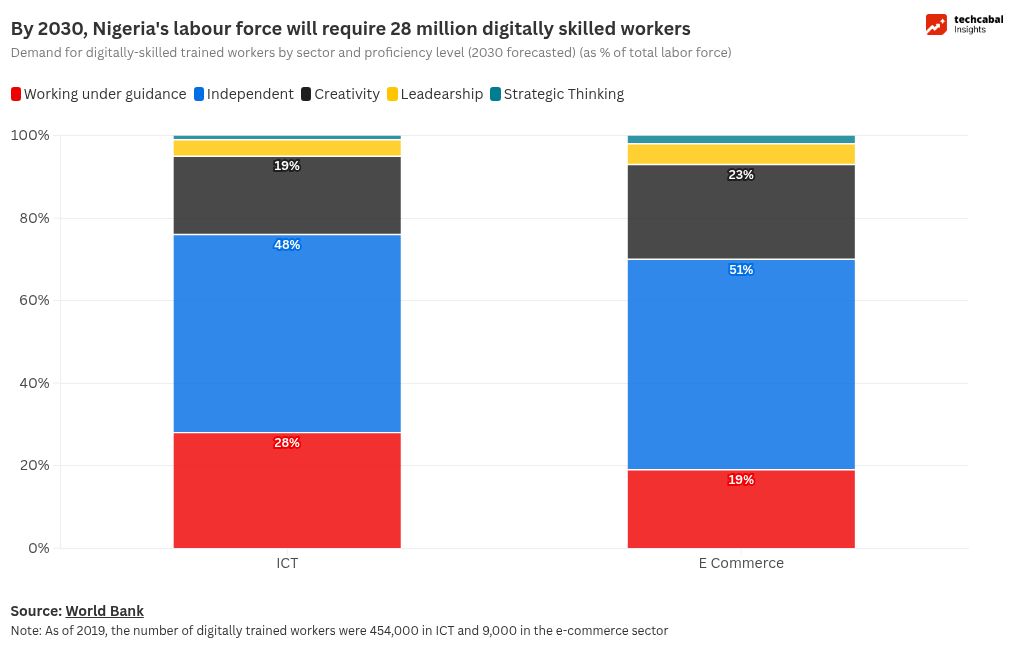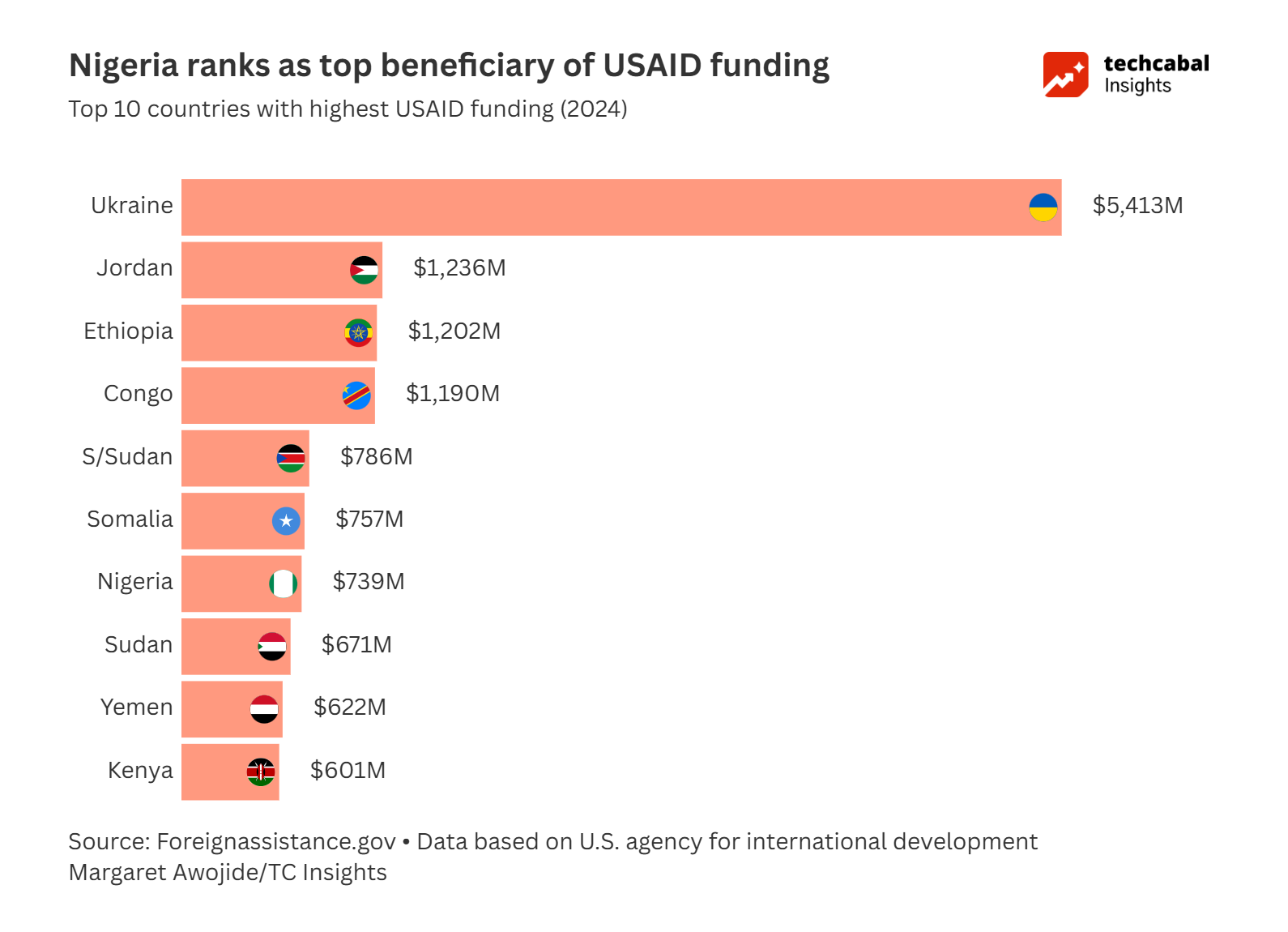The Changing Role of Education in Employment
A popular quote by Horace Mann goes, “Education is the great equalizer”. When tertiary education expanded in Nigeria, it became a tool for social change, reducing the gap between the rich and the poor. Graduates from tertiary institutions were once readily employed in private and public sectors, allowing them to achieve economic stability. According to a study, graduate unemployment in 1974 was less than 1%. However, by the fourth quarter of 2020, the unemployment rate among individuals with a bachelor’s degree had surged to 28.8%.
This shift comes despite the rise in higher education participation. In 1980, Nigeria’s gross enrollment ratio (GER) for tertiary education was about 1.87%, but by 2018, this had increased to over 11.8%. Yet, many graduates in Nigeria are either unemployed or underemployed, struggling with low wages and economic insecurity, which is a motivation for the “School na scam” narrative. Has education lost the competitive edge it once guaranteed?
The Growing Demand for Digital Skills
The world is rapidly evolving, as are the tools used for work. The nature of work has transitioned from traditional tools like typewriters and physical cataloguing systems to digital infrastructure, cloud computing and automation. According to a report by the International Finance Corporation (IFC) and World Bank, 230 million jobs in Sub-Saharan Africa will require digital skills by 2030. Despite the increasing demand for digital skills, many African educational systems remain outdated. University programs still emphasise theoretical coursework over practical training. Schools, especially in rural areas, lack essential facilities such as the internet and functioning computer systems. Due to the lack of exposure, many students graduate without practical experience in digital tools, making it harder for them to transition into the modern workforce. A recent report by Forbes highlighted that even graduates from elite Ivy League universities are finding it difficult to get jobs as the workforce has evolved. The pandemic accelerated trends like automation, and companies are now placing a greater emphasis on technical skills and are beginning to recognise the importance of non-traditional credentials. The WEF 2025 Future of Job report shows that technical skills such as Software Engineering, AI, ML, and Data Analytics are the top fastest-growing jobs, displacing clerical and data entry-related jobs that can be automated.
[For data requests or research services, reach out to TC Insights via this link]
Bridging the Gap: Challenges and Opportunities
There have been several efforts by private organisations, government bodies, and NGOs to help bridge the gap between school education and the reality of work. These bodies have helped equip young people with skills to thrive in the digital world. One of them is ALX, founded by Fred Swaniker. This organisation has provided tech training to over 85,000 African learners since 2021. Another notable organisation, Ingressive for Good, launched in 2020, has equipped over 132,000 students with coding and technology skills, resources, and opportunities that help them secure jobs. The Nigerian government has also contributed to equipping young people through the 3 Million Technical Talent (3MTT) program, which trained over 30,000 talents between December 2023 and March 2024.
While initiatives to bridge the digital skills gap exist, many Nigerian youths still struggle to exploit these opportunities. Key challenges include unreliable power supply, poor internet connectivity, and limited access to digital devices. Currently, Nigeria’s internet penetration stands at 55%, meaning almost half of the population lacks access to the internet. Additionally, electricity access remains at 60.5% nationally but drops to just 27% in rural areas. According to the National Bureau of Statistics, the average Nigerian household receives less than seven hours of electricity daily. These infrastructural limitations make it difficult for young people to self-learn and develop digital skills.
Despite emphasising the importance of skills, a recent study shows that many employees still default to requiring traditional college qualifications when making hiring decisions. This shows the continued value of formal education alongside digital skills for staying relevant and employable. In addition to technical skills, soft skills are gaining more recognition. In the WEF Future of Jobs 2025 report, some top rising skills include creative thinking, resilience, and lifelong learning—attributes employers rank among the most important in today’s workforce.
This is a call to action for the educational sector to align curricula with the demands of a modern workforce. Nigeria could take inspiration from the Scandinavian education system, where students are introduced to digital literacy early. Recognised as one of the best education systems globally, this system produces graduates better equipped for the evolving job market. Additionally, the government must prioritise the development of digital infrastructure, particularly in rural areas, to ensure equitable access to digital tools and resources. This will enable many young Nigerians to be included in opportunities in the digital economy, expanding their potential in an evolving technology-driven job market.
To stay competitive in the job market, Nigerian youths must build digital skills and engage in critical discussions. Join us in the upcoming Citizen Townhall where we will explore youth participation in democracy and governance with a focus on misinformation and AI. Register here.










